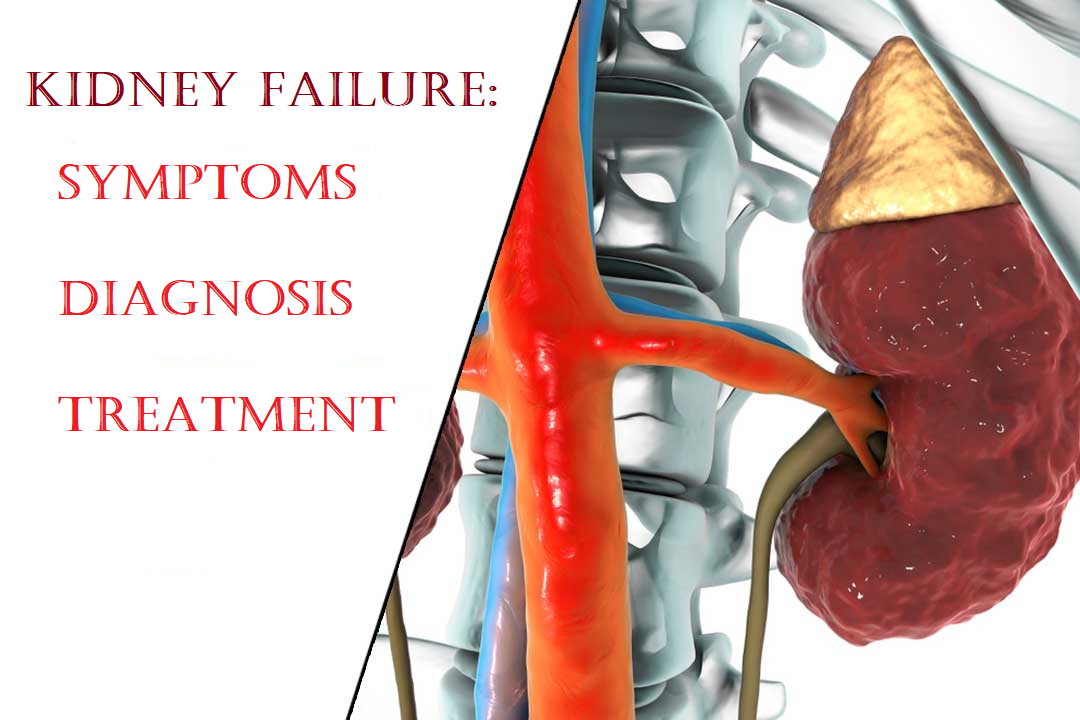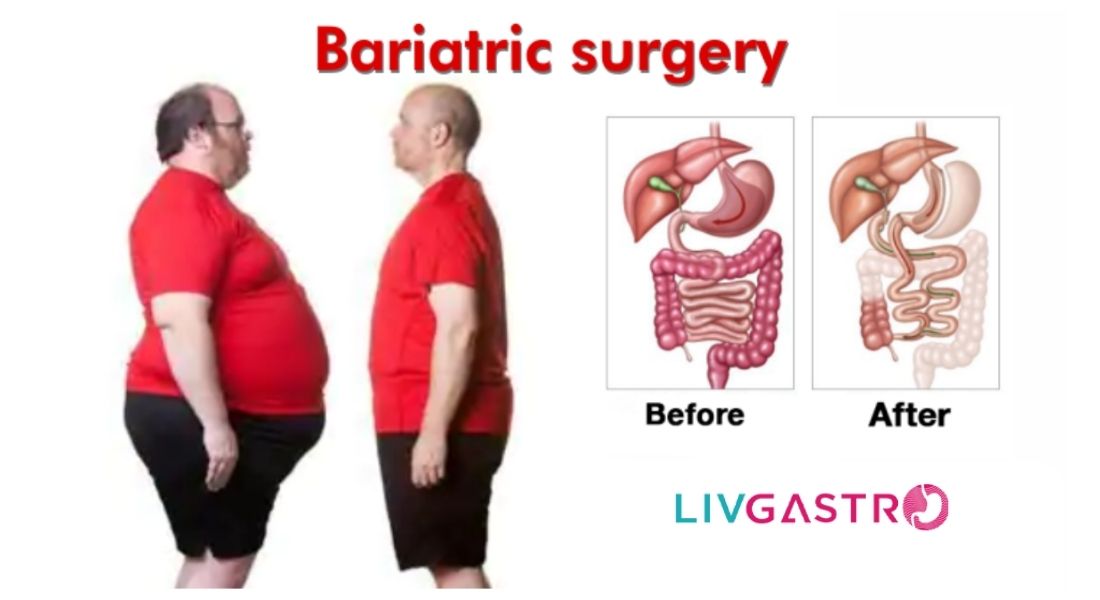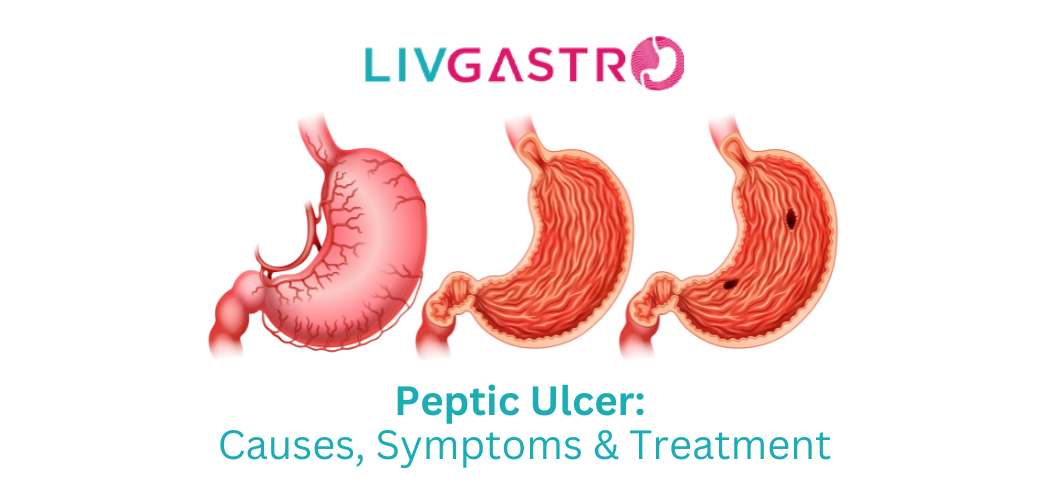

As reported by the Indian Express in 2020, a renowned kidney transplant surgeon-cum-researcher discovered that over 7.8 million Indians suffer from Chronic Kidney Disease (CKD). The global statistic of 2022 is even more appalling. Around 2 million people put up with kidney failure worldwide. So, you can imagine the magnitude of the disease and how it affects people living in our country.
After all this, we believe it is incredibly crucial to spread awareness about kidney failure, its symptoms, diagnosis and treatment. If you are reading this post at the moment, make sure you peruse it till the end to save yourself and others from suffering the same fate as 7.8 million Indians have undergone.
Kidney failure is quite self-explanatory. It is a condition whereby the bean-shaped organs, about the size of your fist, cease to function independently. Acute kidney injuries, diabetes and high blood pressure are among the primary causes of this condition. Sometimes, it’s temporary with the disorder occurring quickly. At other times, it’s chronic and worsens over time.
As evident from the term ‘failure’ itself, it is the last stage of kidney disease, and a person diagnosed with it can only survive for a few days or weeks sans treatment. If you research a bit more, you will come across five different types of kidney failure:
• Acute prerenal kidney failure
• Acute intrinsic kidney failure
• Chronic prerenal kidney failure
• Chronic intrinsic kidney failure
• Chronic post-renal kidney failure
Kidney failure is not just common in patients with diabetes, high blood pressure or heart disease but affects those with a family history of kidney disease or people who have been taking pain relievers for several years.
Identifying CKD can be challenging. The illness shows few to no symptoms in the early stages, and you may feel perfectly fine even when your kidneys improperly function. Therefore, it’s vital to look for the slightest of signs. It can be any or a couple of the following:
• Peeing more often
• Fatigue
• Shortness of breath
• Cramps
• Itchy and dry skin
• Nausea and vomiting
• Swelling around legs, feet and ankles
• Poor appetite
• Confusion
• Pain or pressure in the chest
• Trouble with concentrating
Your doctor may run several tests to confirm kidney failure. Enlisted are the diagnosis methods:
• Blood tests – to measure how well your kidneys are eliminating waste from the blood.
• Imaging tests – to check for blockages and abnormalities in your kidneys and their surrounding areas
• Urine tests – to check for traces of protein or blood in the urine.
• Kidney tissue sample – to look for unusual deposits, infectious organisms and scarring.
• Urine volume measurements – to measure the urine output as little flow suggests kidney disease from urinary blockage.
A healthcare provider usually advises regular blood tests, medication and blood pressure checks to a patient with kidney disease. The purpose is to track kidney function and maintain it as long as possible. However, when that organ fails to function, a doctor resorts to the following two treatments to keep patients alive:
• Dialysis – It helps in filtering blood and can be of two types: Hemodialysis and Peritoneal Dialysis. In the former, a machine is used to clean the blood regularly. In the latter type, the doctor attaches a bag with dialysis solution in it to a catheter. This works in a way whereby the solution flows into the abdominal lining, sucks in the waste products and drains them into the bag.
• Kidney transplant –It’s possible to live with one healthy kidney, but when that too stops functioning, the only way to tackle the situation is by placing a healthy kidney in the body through a transplant.
Without the treatments above, a kidney transplant can be fatal. However, the average life expectancy jumps to 5-10 years when on dialysis. Some people have even lived for 30 years by undergoing this treatment. A kidney transplant, on the contrary, prolongs life by 12 to 20 years. Twelve, when the kidney is received from a deceased person.
Kidney failure and CKD may not be reversible, but you can always take steps to ensure their normal functioning. Switch to healthy habits and frequently schedule appointments with your healthcare provider to slow down how that organ loses its ability to function.

Demystify These Myths Associated with Obesity Treatment Did you know that a staggering
read more
Have you ever dismissed a burning sensation in your chest or upper abdomen as simple ind
read more
Kidney Failure: Symptoms, Diagnosis and Treatment As reported by the Indian Express in
read more